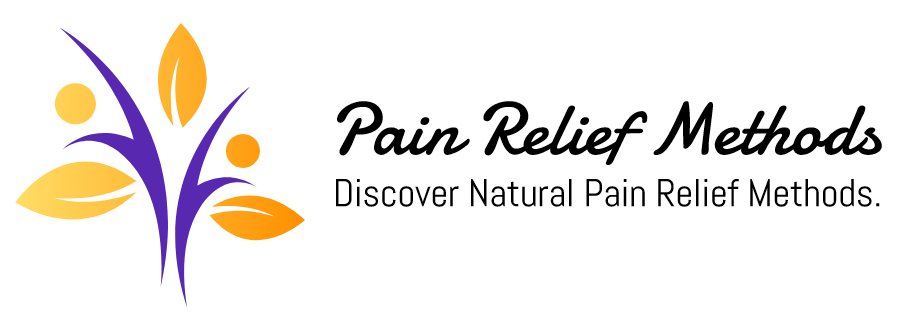Table of Contents
When Should Chest Pain Be Worrying?
Introduction
A pang in your chest can send shivers down your spine. While chest pain is a common experience, it can be unsettling to differentiate between a minor discomfort and a sign of something more serious. This article explores the red flags that indicate chest pain shouldn’t be ignored and offers guidance on navigating this situation.
When Chest Pain Signals Trouble
The human body sends clear signals when something is wrong. Here’s what to watch out for regarding chest pain:
-
Sudden Onset And Intensity:
If chest pain appears abruptly and feels intense, like pressure, squeezing, or tightness in the center or left chest, it warrants immediate attention. This could signify reduced blood flow to the heart muscle, a potential heart attack.
-
Pain Radiating Outward:
Chest pain that travels to your jaw, neck, shoulders, arms, or back is a classic symptom of a heart attack. Don’t hesitate to seek medical help if you experience this radiating pain.
-
Accompanying Symptoms:
Chest pain is often accompanied by other warning signs during a heart attack. These include shortness of breath, nausea, vomiting, sweating, lightheadedness, or dizziness. If you experience any combination of these symptoms alongside chest pain, seek emergency medical attention immediately.

-
Prolonged Discomfort:
While chest pain can be fleeting, persistent pain lasting more than a few minutes requires evaluation. Especially concerning is pain that worsens with activity or breathing.
-
Unexplained Changes:
Pay close attention to any new or different chest pain, regardless of intensity or duration. If you experience unfamiliar chest pain, err on the side of caution and get it checked by a doctor.
Can Other Conditions Cause Chest Pain?
Absolutely! Chest pain can arise from various causes, some less serious than others. Here are a few examples:
-
Muscle Strain:
Lifting heavy objects or strenuous exercise can strain chest muscles, causing pain.
-
Anxiety Or Panic Attacks:
Anxiety and panic attacks can manifest as chest pain, often described as tightness or pressure. Relaxation techniques can help manage this type of chest pain.
-
Costochondritis:
Inflammation of the cartilage connecting ribs to the breastbone can cause sharp chest pain, especially with deep breaths or coughing.
-
Heartburn or GERD:
Gastroesophageal reflux disease (GERD) or heartburn can mimic chest pain, often burning or discomfort behind the breastbone. Antacids can usually provide relief.
-
Pulmonary Embolism:
A blood clot lodged in a lung artery can cause sharp chest pain, often accompanied by shortness of breath. This is a serious medical emergency requiring immediate attention.
FAQs
-
What If My Chest Pain Feels Sharp And Stabbing?
Sharp or stabbing chest pain can be caused by muscle strain, costochondritis, or even anxiety. However, if it’s severe, persistent, or accompanied by other concerning symptoms like shortness of breath, seek medical evaluation to rule out more serious causes.
-
Should I Go To The ER For Heartburn?
Heartburn pain is often relieved by antacids and doesn’t worsen with activity or breathing. If this describes your chest pain, it’s likely heartburn. However, if the pain is severe, persistent, or accompanied by other concerning symptoms, seek medical attention to differentiate between heartburn and a potential heart attack.

-
What Tests Might Be Done For Chest Pain?
Doctors may perform various tests depending on the suspected cause. These may include:
- Electrocardiogram (ECG) to assess heart rhythm.
- Chest X-ray to check for lung problems.
- Blood tests to evaluate heart function and other health markers.

-
How Can I Prevent Chest Pain?
Maintaining a healthy lifestyle with a balanced diet, regular exercise, stress management techniques, and smoking cessation can significantly reduce your risk of heart disease and chest pain associated with it.
Conclusion
Chest pain can be a source of worry, but understanding the warning signs empowers you to make informed decisions. When chest pain presents with characteristics like sudden onset, radiating pain, accompanying symptoms, prolonged duration, or unexplained changes, seek immediate medical attention. Early intervention can significantly improve outcomes, especially in cases of heart attack. If you have any doubts, err on the side of caution and get evaluated by a medical professional. Remember, a prompt diagnosis and appropriate treatment are crucial for your well-being.
References
- Mayo Clinic - Chest pain: Symptoms and causes
- American Heart Association- Heart Attack Symptoms
Discover more from Pain Relief Methods
Subscribe to get the latest posts sent to your email.


